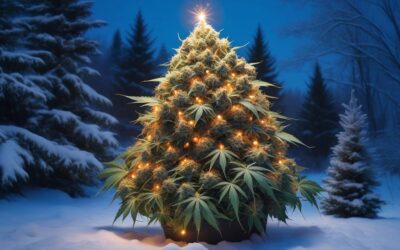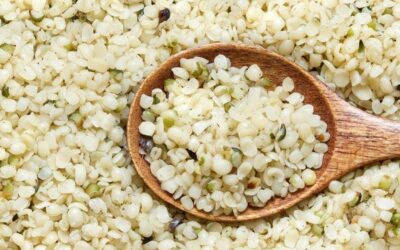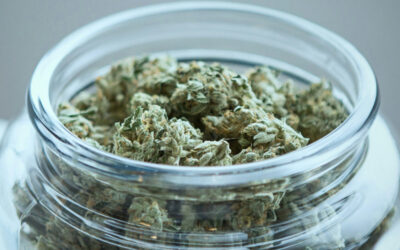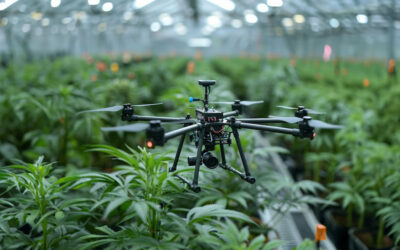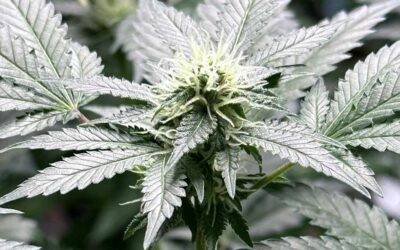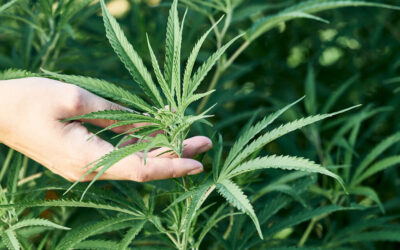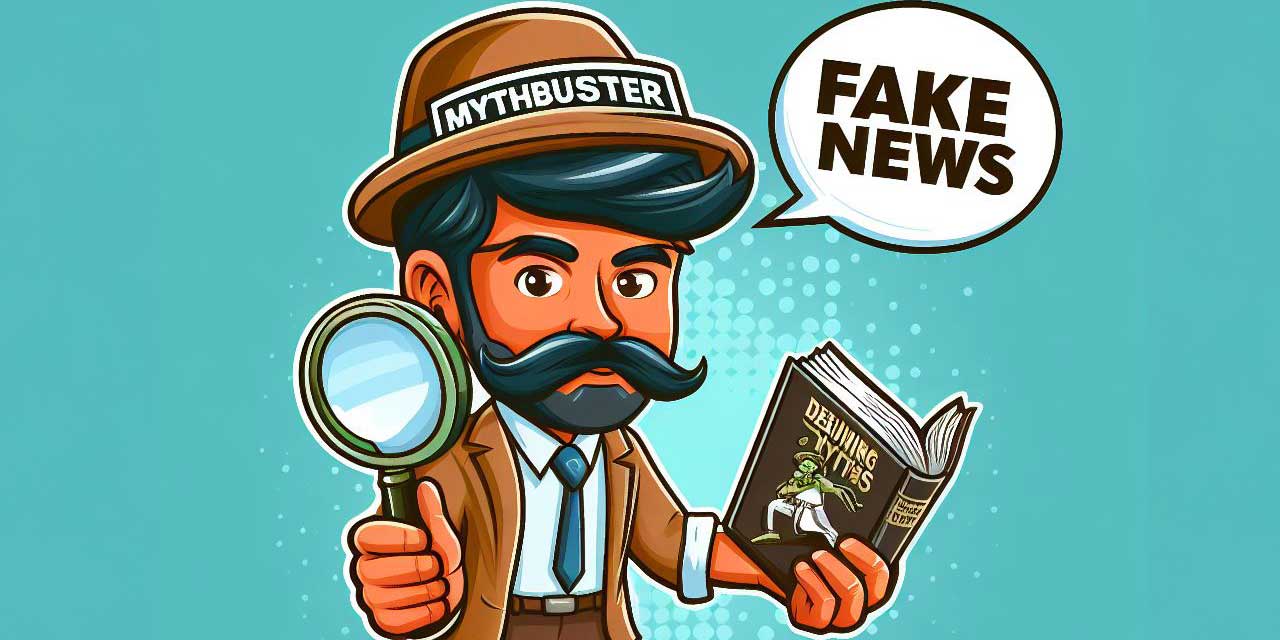
Debunking Myths About Hemp
Debunking Myths About Hemp: For decades, this versatile and ancient crop has been shrouded in misconceptions and myths. Often confused with its close cousin, marijuana, hemp has been unfairly stigmatised and misunderstood. In recent years, however, the tide has started to turn as more people become aware of the many benefits of hemp and its potential to revolutionise various industries. In this blog, we’ll explore some of the most common myths about hemp and debunk them with facts and scientific evidence.
Myth 1: Hemp Gets You High
One of the most persistent and damaging myths about hemp is that it can get you high, just like marijuana. In reality, hemp contains very low levels of tetrahydrocannabinol (THC), the psychoactive compound responsible for the “high” associated with marijuana. In the United States and many other countries, hemp must contain less than 0.3% THC by dry weight to be considered legal. This minuscule amount is not nearly enough to produce any psychoactive effects.
In contrast, marijuana typically contains between 5% to 30% THC, making it significantly more potent. The primary purpose of cultivating hemp is not for recreational use but for its industrial applications, including textiles, paper, food, and more. So, rest assured, consuming hemp products won’t lead to a euphoric experience.
Myth 2: Hemp and Marijuana Are the Same
Another common misconception is that hemp and marijuana are one and the same. While they both belong to the Cannabis plant family, they are distinct in their chemical composition and uses. As mentioned earlier, hemp has low levels of THC and high levels of cannabidiol (CBD), a non-psychoactive compound known for its potential health benefits.
On the other hand, marijuana is cultivated for its high THC content and is primarily used for recreational and medicinal purposes. The legal and practical distinctions between hemp and marijuana are significant, with hemp being used predominantly for industrial and agricultural applications.
Myth 3: Hemp Is an Environmental Hazard
Some critics argue that hemp cultivation poses a threat to the environment. However, this myth couldn’t be further from the truth. Hemp is actually one of the most environmentally friendly crops to cultivate. Here’s why:
- Low Pesticide Use: Hemp is naturally resistant to most pests and diseases, reducing the need for harmful pesticides and herbicides.
- Soil Enrichment: Hemp has deep roots that help prevent soil erosion and can improve soil health by removing toxins and adding nutrients.
- Minimal Water Requirements: Compared to other crops like cotton, hemp requires significantly less water to grow.
- Carbon Sequestration: Hemp plants absorb carbon dioxide from the atmosphere, making them a potential tool in the fight against climate change.
- Fast Growth: Hemp grows rapidly, allowing for multiple harvests in a single growing season and reducing the need for additional land.
Myth 4: Hemp Has No Practical Uses
Some people believe that hemp is just an obscure plant with no practical applications. In reality, hemp has a wide range of uses across various industries:
- Textiles: Hemp fibres are incredibly strong and durable, making them ideal for clothing, rope, and other textiles.
- Paper: Hemp can be used to produce paper that is more environmentally friendly than traditional wood pulp paper.
- Food and Nutrition: Hemp seeds are a rich source of protein, healthy fats, and essential nutrients. They can be used in cooking or pressed for oil.
- Building Materials: Hempcrete, a mixture of hemp fibres, lime, and water, is a sustainable alternative for construction materials.
- Biofuel: Hemp can be used to produce biofuels that are more environmentally friendly than fossil fuels.
- Medicine: CBD derived from hemp has shown potential in treating various medical conditions, including epilepsy, anxiety, and chronic pain.
Myth 5: Hemp Is Illegal Everywhere
While hemp faced legal restrictions in the past, the situation has changed significantly in recent years. Many countries, including the United States, have legalised the cultivation and production of hemp under certain regulations. In the U.S., for example, the 2018 Farm Bill removed hemp from the list of controlled substances, allowing for the legal cultivation and processing of hemp.
Moreover, the global hemp market is growing rapidly as more countries recognise the economic and environmental benefits of hemp cultivation. It’s essential to research and understand the specific hemp regulations in your region to ensure compliance with the law.
In conclusion, hemp is a versatile and sustainable crop that has been unfairly stigmatised by myths and misconceptions. As more people become educated about the true nature of hemp and its potential benefits, we can expect to see its popularity continue to rise. Whether it’s in textiles, food, construction, or medicine, hemp has the potential to play a significant role in creating a more sustainable and prosperous future. By debunking these myths, we can help promote a better understanding of hemp and its positive contributions to society.




